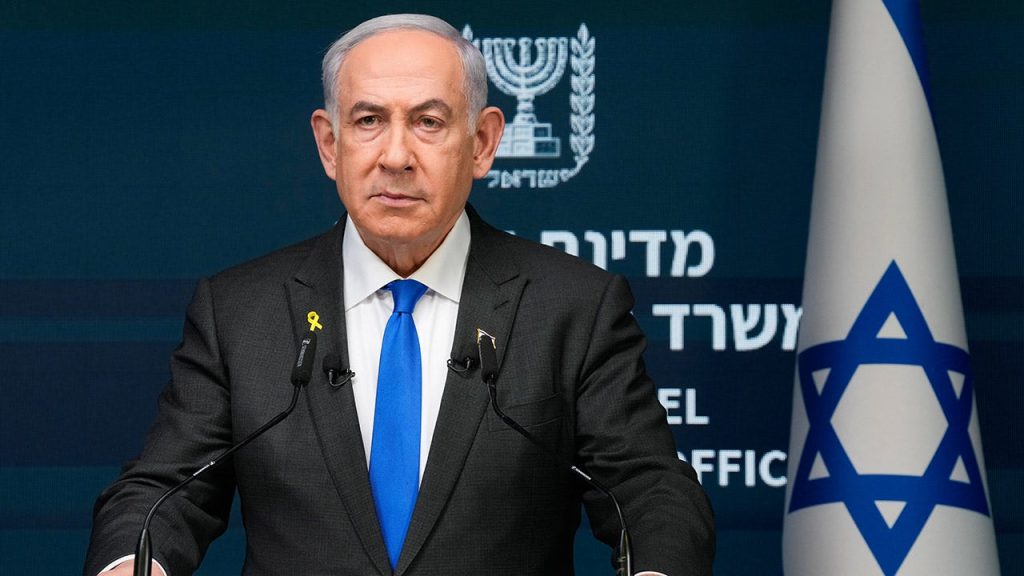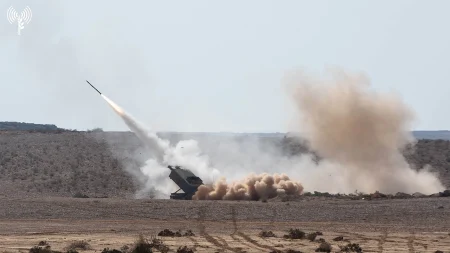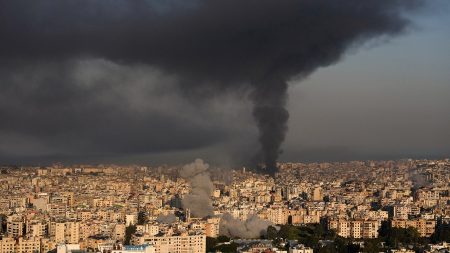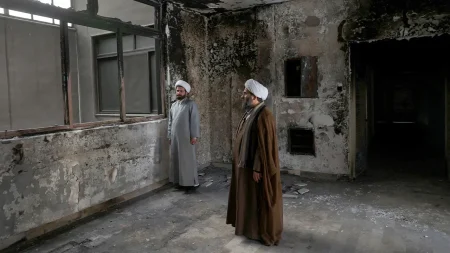The Israeli Prime Minister’s office has categorically refuted media reports suggesting that Hamas had submitted a list of hostages for potential release as part of a cease-fire agreement. Earlier reports indicated that Hamas had compiled a list of 34 hostages and was prepared to release them if Israel agreed to withdraw from Gaza and establish a permanent cease-fire. However, Netanyahu’s office swiftly countered these claims, emphasizing that Hamas had not provided any such list. This denial adds another layer of complexity to the ongoing conflict and raises questions about the progress of any potential negotiations. The backdrop of this denial is marked by Netanyahu’s recent return to official duties following prostate surgery.
Prime Minister Netanyahu’s health has been a recurring concern in recent years, with several medical procedures punctuating his political tenure. His recent prostate surgery, while successful, underscores the physical demands of his leadership role, especially amidst the escalating conflict with Hamas. Following the surgery, his office confirmed he was in good condition and fully conscious. This latest procedure comes after a series of health challenges, including hernia surgery earlier in the year and hospitalization for dehydration during a summer heatwave. Just a week after the dehydration incident, doctors implanted a pacemaker to regulate his heart rate and rhythm. These health issues, while concerning, haven’t deterred Netanyahu from his responsibilities, as he continues to grapple with the complex political landscape.
Despite his recent health challenges, Netanyahu remains deeply engaged in the ongoing conflict, overseeing the Israeli Defense Forces (IDF) on multiple fronts across the Middle East. His focus remains on countering Iranian influence and combating terrorist organizations. This commitment underscores his resolve to address the security challenges facing Israel, even while dealing with personal health concerns. The intense pressure of leading a nation embroiled in conflict while managing his health adds another dimension to the already complex situation.
Beyond the immediate crisis, Netanyahu is also embroiled in a corruption case, requiring him to testify in court. This legal battle unfolds concurrently with the intense military operations and his health challenges, placing an immense burden on the Prime Minister. The ongoing legal proceedings add another layer of complexity to his already demanding schedule, further highlighting the multifaceted challenges he faces.
Netanyahu’s denial of the hostage list report casts uncertainty on the potential for a negotiated cease-fire. The conflicting narratives from both sides underscore the deep-seated mistrust and the difficulty in reaching a resolution. The absence of a confirmed hostage list raises questions about the veracity of prior reports and the actual willingness of Hamas to engage in meaningful negotiations. The denial suggests a lack of progress in back-channel communications, further complicating the prospects of a peaceful resolution.
The confluence of Netanyahu’s recent surgery, his ongoing legal battles, and the intensifying conflict with Hamas creates a challenging and volatile situation. His ability to effectively manage these multiple crises simultaneously is being tested. The denial of the hostage list release further underscores the precariousness of the situation and the significant obstacles hindering a peaceful resolution. The ongoing conflict demands his full attention, while his health and legal challenges further complicate his already demanding role. The situation requires a delicate balance of leadership, both on the domestic and international fronts, to navigate the complex web of challenges and strive towards a resolution.















